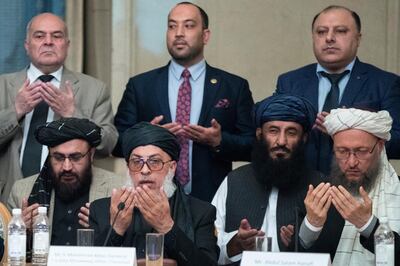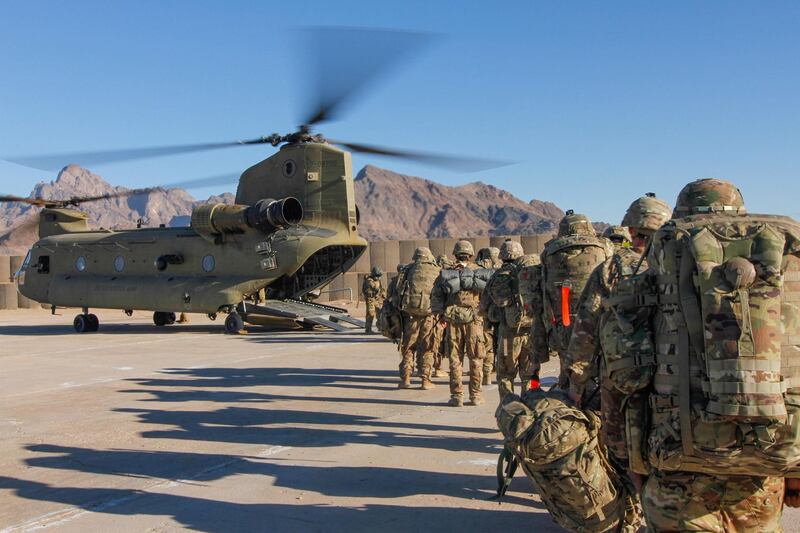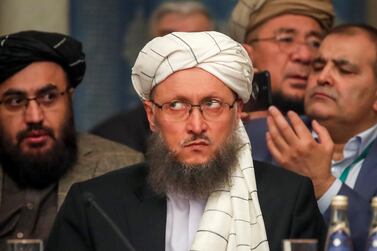The US envoy on Afghanistan has pushed back against Taliban claims that they have struck a deal for American forces to leave the country within months and said the group has now rescinded the claim.
Zalmay Khalilzad, the US Special Representative for Afghanistan, said in a tweet on Thursday that he was aware of the claims and that the group had now “correctly retracted the claims”.
“To be clear: no troop withdrawal timetable exists.”
In recent days, I’ve heard some individual Taliban officials claim we have a troop withdrawal timetable for Afghanistan. Today, they correctly retracted that claim. To be clear: no troop withdrawal timetable exists.
— U.S. Special Representative Zalmay Khalilzad (@US4AfghanPeace) February 7, 2019
On Wednesday, Taliban deputy chief negotiator Salam Hanafi said the group will negotiate directly with Kabul once the US announces a full withdrawal.
Leaders from the hard-line group are in Moscow for talks with Russia as well as Afghan officials and former officials — including the country's first post-Taliban president, Hamid Karzai — but not the government.

For years the militants have refused to talk directly with the government, who they claim is a puppet of Washington, while the US has refused to talk saying that peace negotiations should be between the two sides.
That changed in recent months with the US now holding direct talks with Taliban officials in Doha. While the Taliban has been leaking what they say are details of the agreements, the US has been tight-lipped except to say that many of the group’s claims are inaccurate.
During his State of the Union address on Tuesday, US President Donald Trump said that negotiations were progressing well.
He said that he would reduce the 14,000 troop presence in Afghanistan as progress was made in peace talks but gave no fixed date.
While Mr Trump is keen on ending the US’s longest war and withdraw US soldiers, he faces opposition from both sides of the political divide at home.
While he has significant power as president to act without the Senate and Congress on foreign matters, lawmakers are uneasy at the idea of a premature pull-out that risks Afghanistan descending further into chaos.
After countless thousands of civilian and military deaths — and more than $1 trillion (Dh3.67tn) in US cash — US officials are wary of repeating the end of the Vietnam War where the US-backed government collapsed as America hastily pulled out.
"It's time" to end the Afghanistan war," Mr Trump said on Tuesday, "Our troops have fought with unmatched valour" but now "the hour has come to at least try for peace".







